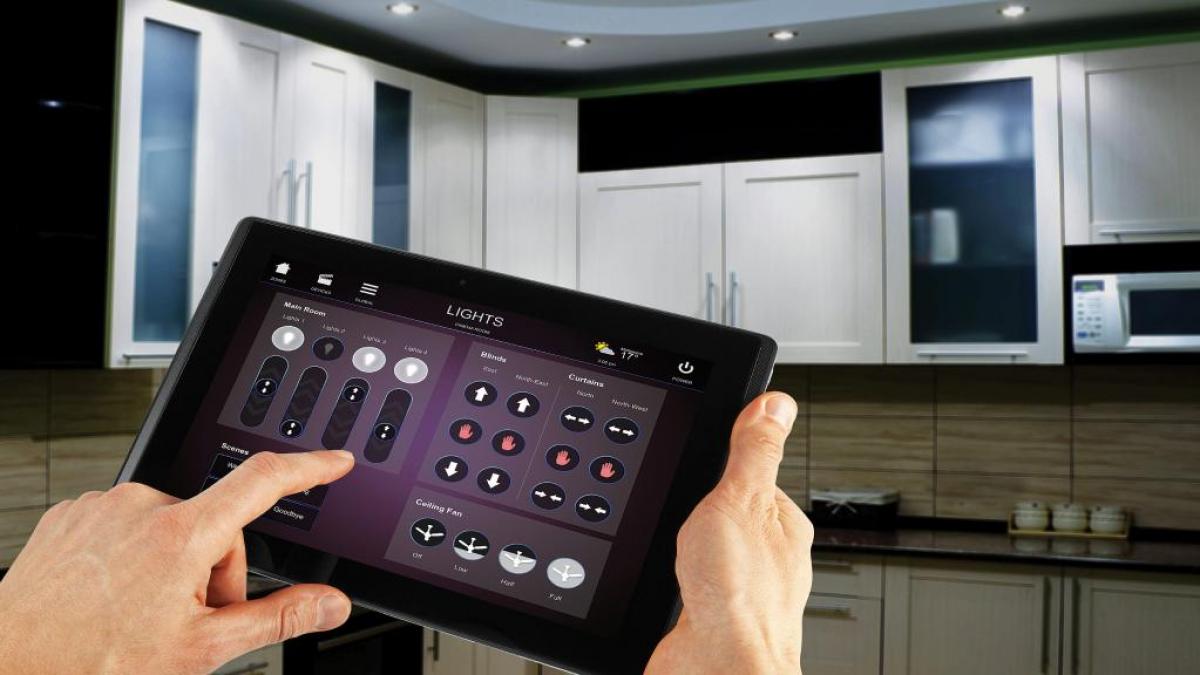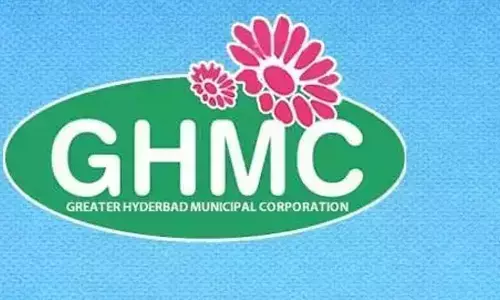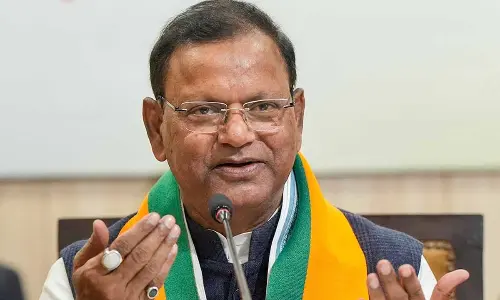Smart Technology is helping us adopt a smart lifestyle

The Internet of Things has introduced the concept of smart technology that integrates and automates all applications/devices, to endorse a smarter living. Embracing digitalization 2.0., businesses have advanced from simple digital functionality on existing ‘smart’ offerings to learning the customer context via ‘smarter’ connected products and services, adapting to meet customers’ modern needs.
The Internet of Things has introduced the concept of smart technology that integrates and automates all applications/devices, to endorse a smarter living. Embracing digitalization 2.0., businesses have advanced from simple digital functionality on existing ‘smart’ offerings to learning the customer context via ‘smarter’ connected products and services, adapting to meet customers’ modern needs.
From a consumer perspective, everyone wants their appliances and electronics to act 'smart'. Much like green technology, smart technology represents different things to different people. Basically, smart technology emphasizes on automation and performance improvements in every aspect of life- from transportation network to heath care systems. Getting down to its practical implications in the IT industry, smart technology harnesses a combination of IT products – sensors, monitoring systems, automated controls, modeling and designing decision control applications, resulting in an intelligent device that possesses decision-making capacities.
Smart Technology is all about M2M (machine-to-machine) communication, such as robots, smart cars, and computing systems which demonstrate problem-solving and decision-making capabilities, without human interaction. Amidst such change, it is imperative to understand the potential and need for such applications that are gradually shaping our future.
Constant innovations in technology have no doubt transformed the way we live, work and communicate today. The rate at which our lifestyles have evolved during the last two decades is a testimony to what the future holds for us. Smart products are a game-changing innovation that works on enhancing a customer’s experience, introducing new levels of efficiency. Business leaders can benefit from this quickly intensifying and accelerating the trend, by investing in technologies that support smart, connected products that optimize efficiency.
We need smart systems to do for energy what the internet has done for communications. Technology is changing simple homes into smart homes, where everything from your lights to your locks can be controlled from your smartphone. Soon gadgets will be able to learn and adapt to the user's behavior and will be controlled by smart technologies.
Forecasting the future of technology, it is all about two-way communication between devices. The newness of the smart product opportunity is throwing traditional business approach into a state of flux. The capabilities of smart, connected products can be categorized into four areas: monitoring, control, optimization, and autonomy. Interconnected devices can control and monitor a product’s condition, operation and external environment. Through algorithms built into the device, devices can control environments as well (for example, “if the pressure gets too high, shut off the valve”). Through monitoring, control, and optimization capabilities smart, connected products have achieved a previously unattainable level of autonomy. In simple terms, we can track, control and monitor objects through one integrated device, defining the true concept of smart living.
Interconnected smart products have already emerged into our tightly interwoven ecosystems, capturing new opportunities for businesses and extending advantages of smarter lifestyles for consumers. Companies are already developing and investing in smart technologies to draw the attention of consumers, enriching more lives with the benefits of an automated lifestyle.
By Anshuman Atul (CEO and Managing Director Okwu Mobiles)


















